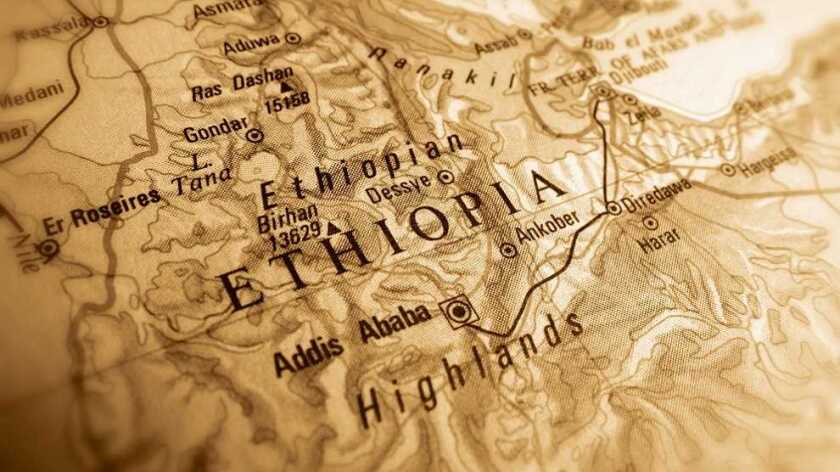And they will not be restricted to using the infrastructure of Ethio Telecom, says the same report, from the Bloomberg agency.
Ethiopia had come under severe criticism from a number of authorities, including from the World Bank in February, for its stance on preventing new operators from offering mobile money, and on limiting competition for infrastructure.
The policy, now apparently abandoned, “may slow down network roll out, particularly in rural areas”, warned Ousmane Dione, the World Bank’s country director for Eritrea, Ethiopia, South Sudan and Sudan in a hard-hitting blog published by the bank.
It is also seen by many as a reason that only two bidders — an MTN group and a Vodafone group — delivered their applications for licences by the deadline in late April. However, there is no sign that the country will open up nominations again.
The government said on 26 April that it would make a formal announcement after the technical and financial evaluation of the two bids is completed.
MTN made it clear that it is backed by the Silk Road Fund, a Chinese state-owned investment fund designed to foster increased investment in countries along the country’s One Belt, One Road, economic development project.
The Vodafone consortium is backed by the US government’s International Development Finance Corporation (IFC), which has given a loan of US$500 million, and the UK-backed CDC.
The Bloomberg report pointed out that M-Pesa Africa, the biggest mobile money service in Africa, is owned by Kenyan operator Safaricom and South Africa’s Vodacom. UK-based Vodafone is a partner in the bid with Vodacom and Safaricom, both of which are part of the group.
Ethio Telecom said in January that it plans to sell a 45% stake, though no terms have yet been disclosed. KPMG is advising it on the sale.






